
Makam Desa or Makam Keramat”, It’s a fascinating cultural event where families gather to unbury and pay respects to their loved ones who have passed away. During the festival, the graves are opened, cleaned, and decorated with flowers and offerings. It’s a way for the community to honor and remember their ancestors. It’s a beautiful and meaningful tradition that showcases the deep respect and connection Indonesians have with their heritage.
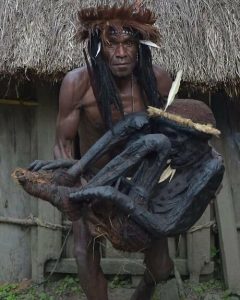
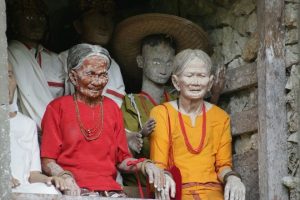
During this festival, families gather at the gravesites of their loved ones. The graves are unburied, cleaned, and adorned with flowers and offerings. It serves as a way to honor and remember their ancestors, showing respect and gratitude for their contributions to the family and community.
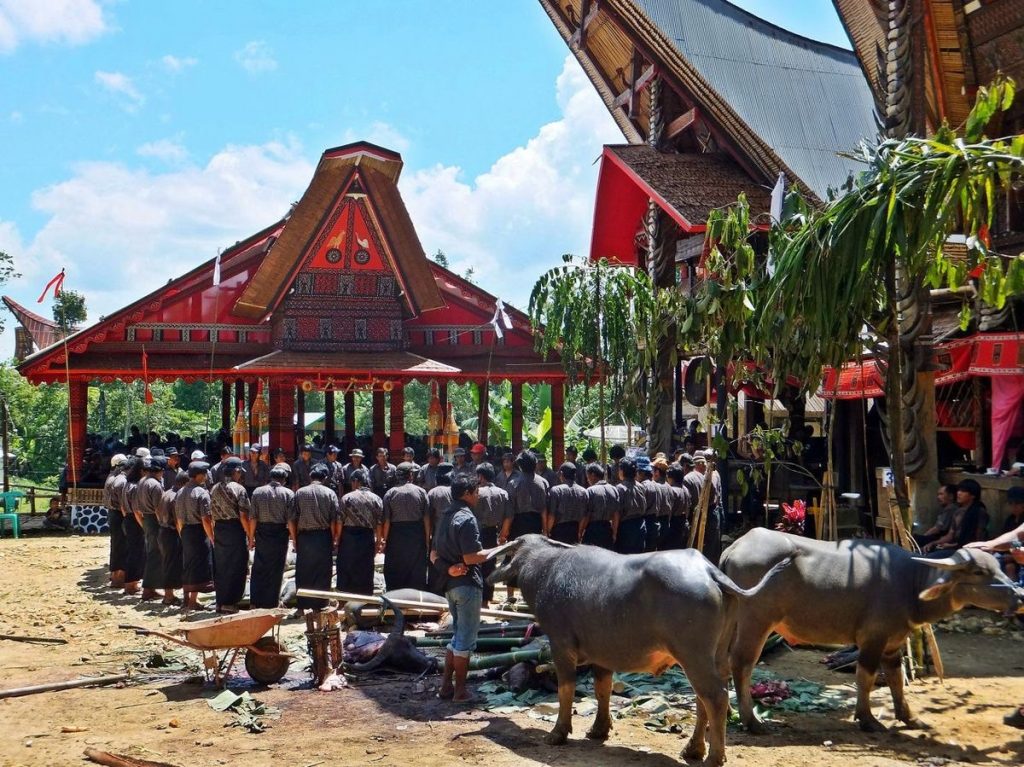
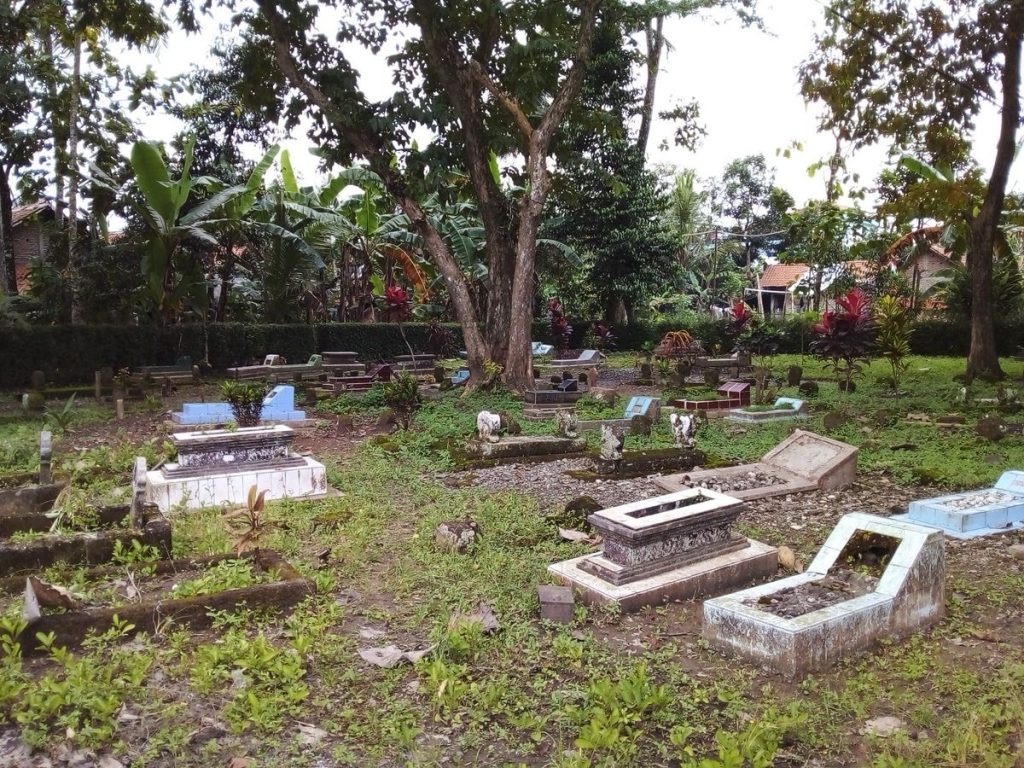
The festival is not only a time for remembrance but also a time for families to come together and strengthen their bonds. It’s a time to share stories, memories, and celebrate the lives of those who have passed away. The atmosphere is filled with love, respect, and a sense of connection to their roots.
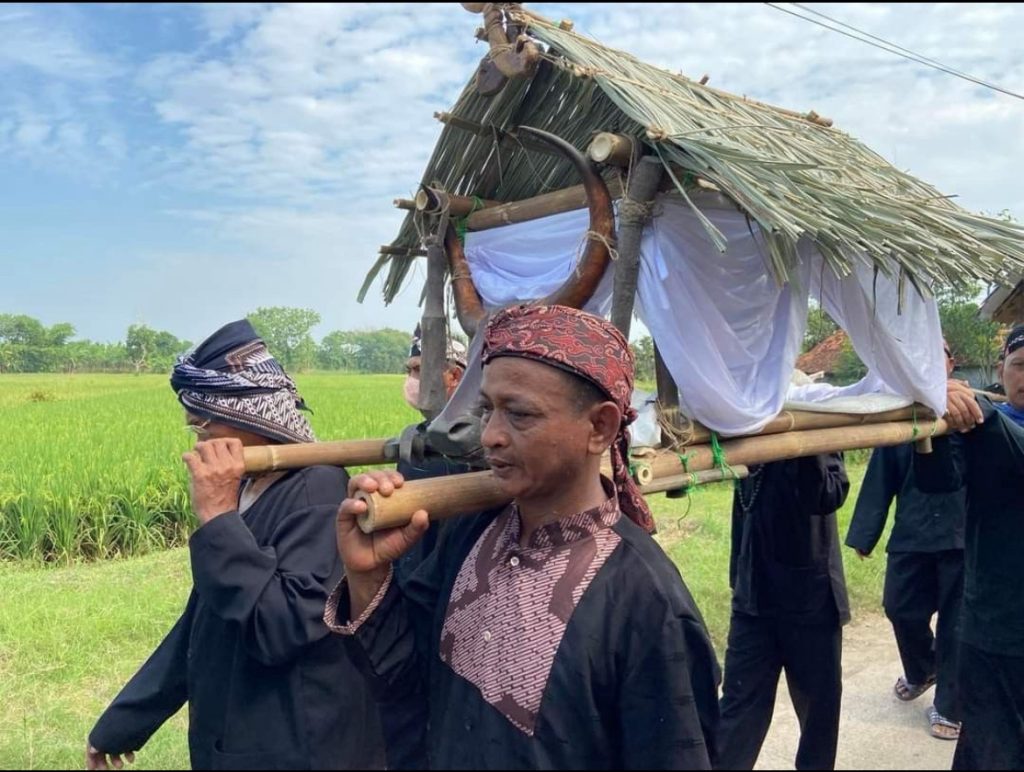
In addition to cleaning and decorating the graves, families often bring food and other offerings to share with each other. It’s a way to show hospitality and generosity to both the living and the deceased. Prayers and rituals are also performed during the festival to honor the spirits of the ancestors.
The festival varies in different regions of Indonesia, with each area having its own unique customs and traditions. It’s a beautiful way to celebrate and preserve the cultural heritage of Indonesia.
Similar cultures that partake in this
Many cultures around the world have similar practices of honoring and remembering their loved ones who have passed away. For example, in Mexico, they celebrate the Day of the Dead (Día de los Muertos), where families gather to remember and honor their ancestors. They create colorful altars, decorate gravesites, and hold celebrations with music, food, and festivities.
In some parts of China, there is the Qingming Festival, also known as Tomb-Sweeping Day. Families visit the graves of their ancestors, clean the tombstones, offer food and drinks, and pay their respects. It’s a time for reflection, remembrance, and honoring family ties.
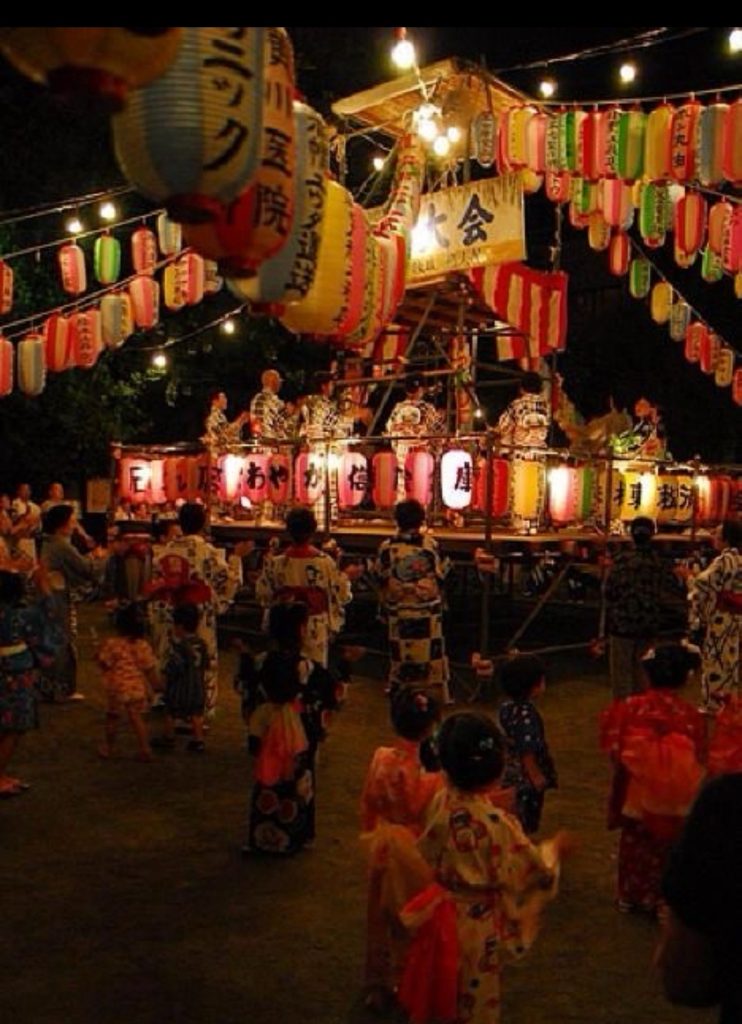
In Japan, there is the Obon Festival, a Buddhist event that celebrates the spirits of ancestors. Families come together to visit graves, clean them, and make offerings. Lanterns are lit to guide the spirits and there are traditional dances and ceremonies to honor the ancestors.
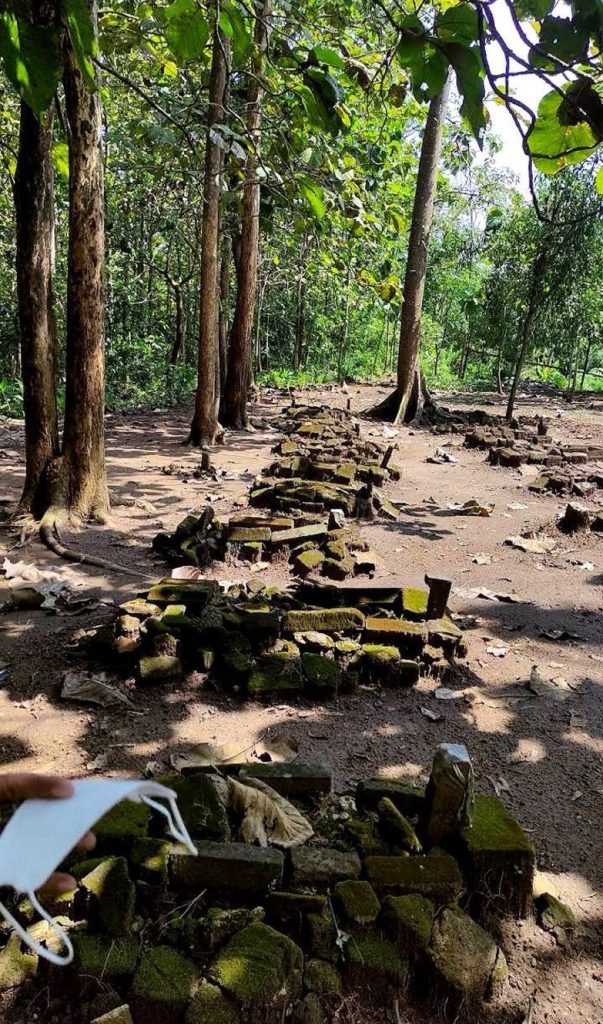
These are just a few examples of cultures that have similar traditions of honoring and remembering their loved ones. It’s fascinating to see how different cultures express their respect and connection to their ancestors in unique ways.
What would happen if you violated this cultures
Well, it’s important to approach the culture of Makam Keramat with respect and sensitivity. Since it’s a deeply rooted tradition in Indonesian culture, violating or disrespecting it can be seen as offensive to the community.











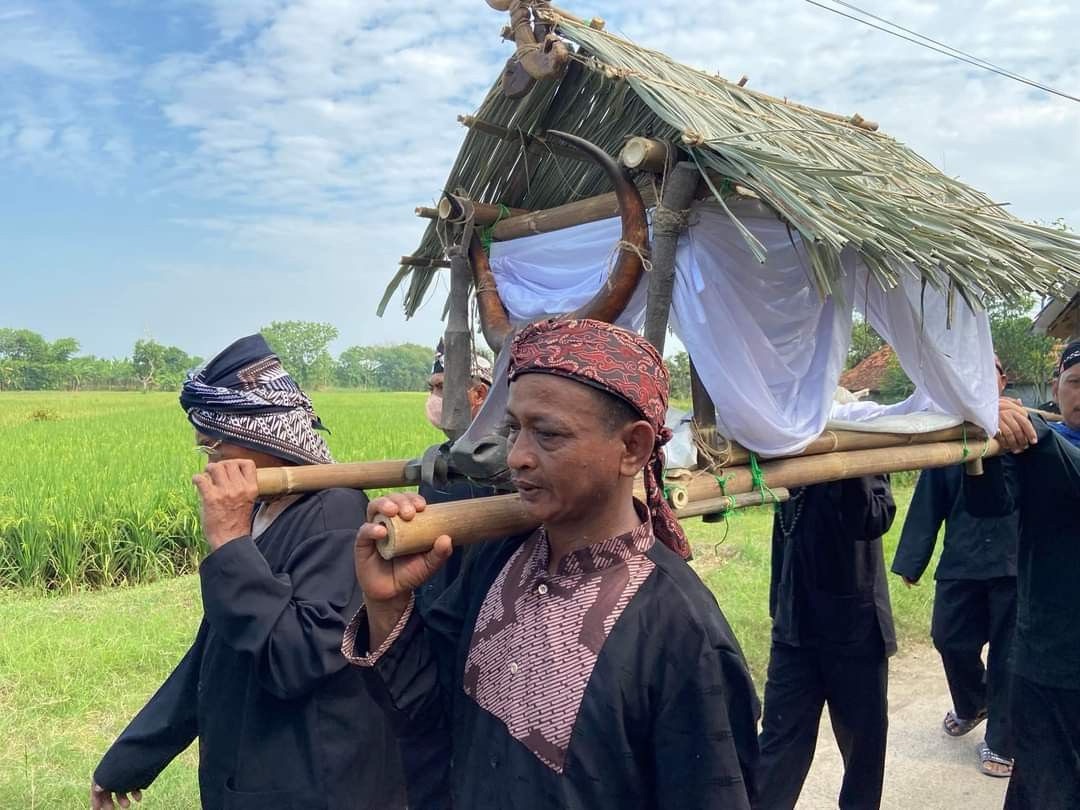






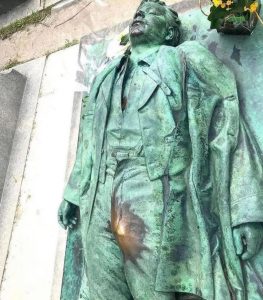






+ There are no comments
Add yours